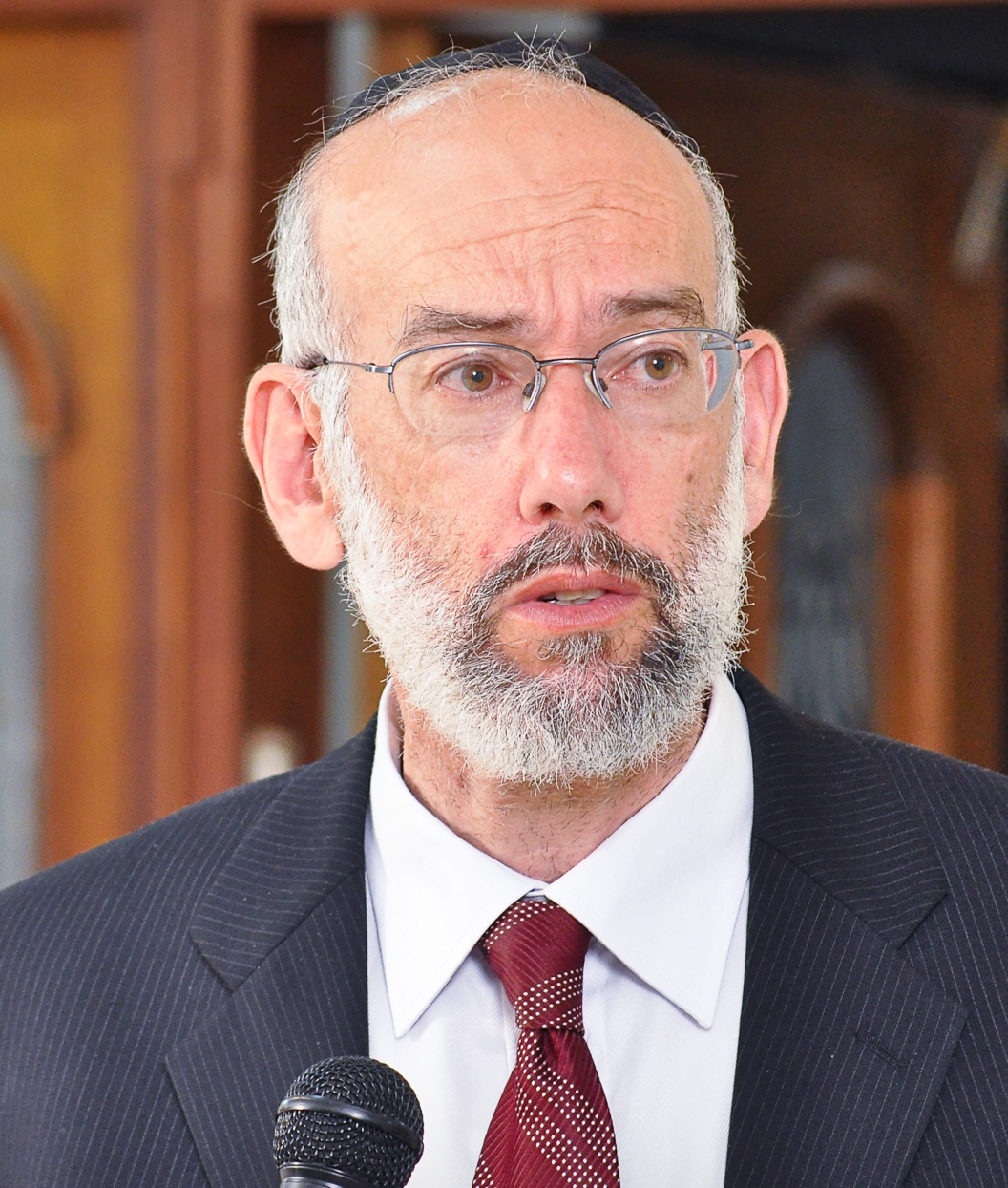Parshat Toledot
If we take a clear look at the life of our forefather Yitzchak, we will observe a man who – in many respects – appears uncommonly passive.
In one of the defining episodes of his life, when he was offered as a sacrifice, Yitzchak largely stayed in the background. On the critical matter of whom he would marry, his father made all the arrangements. His adult son Esau chose his own wives and, only after prompting from Rivka, did Yitzchak offer some advice to Yaakov on where to seek a wife. Yitzchak was also relatively reserved in speaking with Avimelech, when challenged about whether or not Rivka was his wife, and avoided confronting the citizens of Gerar who challenged his rights to the wells his (Yitzchak’s) servants had dug.
Yitzchak’s approach to dealing with the world seems to rest on two strategies; 1) to wait for things to happen to him and only then to react or 2) to rely on the strategies his father Avraham used (calling his wife his sister, making a pact with the local king, etc.).
If we persist, however, and look for a sense of innovation or assertion in Yitzchak’s life, we can find it in one area – spirituality. He is the first person the Torah identifies as praying for children, in marked contrast to Avraham’s more passive approach on the matter when God offered promises about his legacy. At another point the Torah indicates that Yitzchak “suach ba-sadeh’ (Bereshit 24:63), which Rashi explains to mean that he prayed during the day in an open field – an expansion on Avraham’s more reserved encounters with God. His greatest innovation was his decision to bless Esau, the first time we hear of a human being having the ‘audacity’ to arrange to bless another (as opposed to the more spontaneous blessings of Noah to Shem & Yapet and MalkiTzedek to Avraham).
These three examples clearly contrast Yitzchak’s marked passivity in the physical world with his evident willingness to pursue innovation in the spiritual sphere.
We could see Yitzchak’s differing approaches to the physical and the spiritual as two sides of the same coin. It was precisely his overriding focus on spirituality that prevented him from expending much effort on the physical world around him. In modeling such a dichotomized life Yitzchak may serve as the Torah’s example of a rare, though highly productive, character in Jewish religious life – the Jew whose capacity for spiritual dedication is so intense that the ‘regular’ rules and expectations of Jewish religious engagement with the world and society simply do not apply to him.
This Dvar Torah was adapted by Harry Glazer from the chapter “Redeeming Our Genius: Understanding Yitzchak,” in Rabbi Francis Nataf’s book Redeeming Relevance In the Book of Genesis: Explorations in Text and Meaning (Urim Publications, Jerusalem, 2006).
